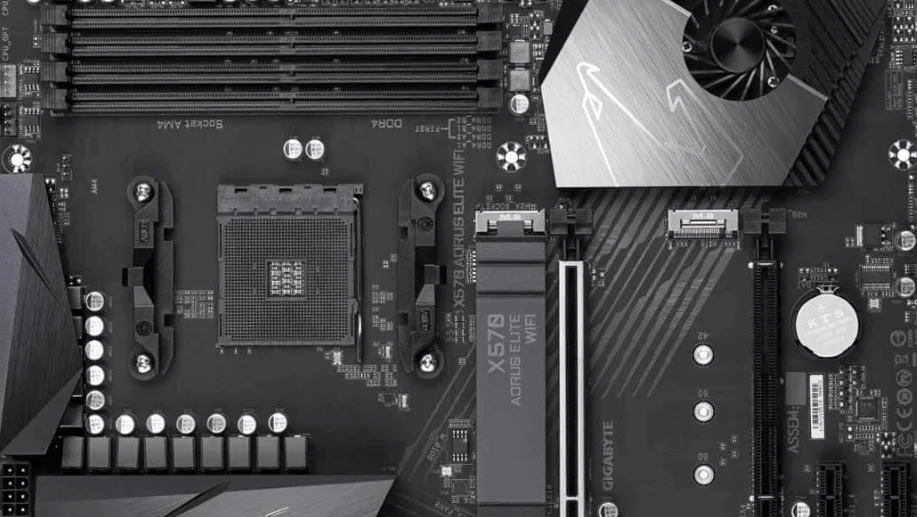
Does The Motherboard Affect Performance?
9 months ago

9 months ago
If you buy a motherboard that's not compatible with your processor then your overclocking ability is seriously impaired. several users are frustrated with their overclocking results when they encounter this issue. next time you buy a motherboard ensure that it's compatible with your processor.
Another issue that you simply should think about is what kind of chipset you're planning to use. A chipset is a series of connections for your pc that produces overclocking easier. There are many different chipsets, therefore you should think about your desires before making a purchase.
Each chipset has many different kinds of interfaces. They include some that support memory devices and others that may enable you to access the bus BW of your processor. it's the processor bus bandwidth that dictates how many further pins are offered to the chip on your motherboard.
Look at your motherboard and see if there are any pins that are missing or if you can't activate sure bus speeds. this will be an indicator that you simply have a defective motherboard. it's also possible that you simply have a broken or defective connection to the motherboard.
Before shopping for a motherboard always attempt to check it out. Anytime you get something online, you should check it before creating a purchase. you can simply check the motherboard while not breaking the bank.
Most of the time, once you purchase motherboards it comes with a manual to assist you to set it up and install them. browse through it carefully and make certain that it tells you everything that you simply got to know.
The BIOS is a very important feature for your motherboard because it tells the hardware a way to perform. it's also where you may install your package. It also tells the motherboard what your settings are and what voltage setting you're using.
While it's very vital that you simply use the BIOS to vary the voltage setting, it's not the only issue that's important. Your motherboard also will control your cooling fan speed and also the speed of your hardware. These 2 parts are used to cool the processors and keep them running with efficiency.
When it involves Overclocking, a motherboard is some things that you simply might never have thought of. There are no visible physical options that verify the flexibility to overclock, and in fact, the overclock ability of your hardware is decided by a variety of things other than the motherboard itself. in this article, I'll take a more in-depth check out how a motherboard will result in overclock ability and also the Motherboard’s effect on overclocking performance.
We all know that the hardware is that the most important part of an overclock and so it'll be a standard denominator that affects overclocking performance. you may notice that there are quite a few different kinds of motherboards on the market these days and a few of them are a lot of compatible with overclocking than others.
As you know, several multi-core i7 processors are compatible with some form of motherboard. If you have got an overclocked Intel processor then the compatibility of your processor also will play a task in your ability to overclock. you should initially make sure that your motherboard is compatible along with your processor and second, attempt to acquire a motherboard that's compatible along with your processor still.
To increase the overclocking capabilities of your CPU, attempt changing the CPU voltage. this can be done by opening the CPU voltage adjustment chip situated at the very cheap right of the CPU. changing the voltage permits your CPU to run at a better level in order that it will reach its most output.